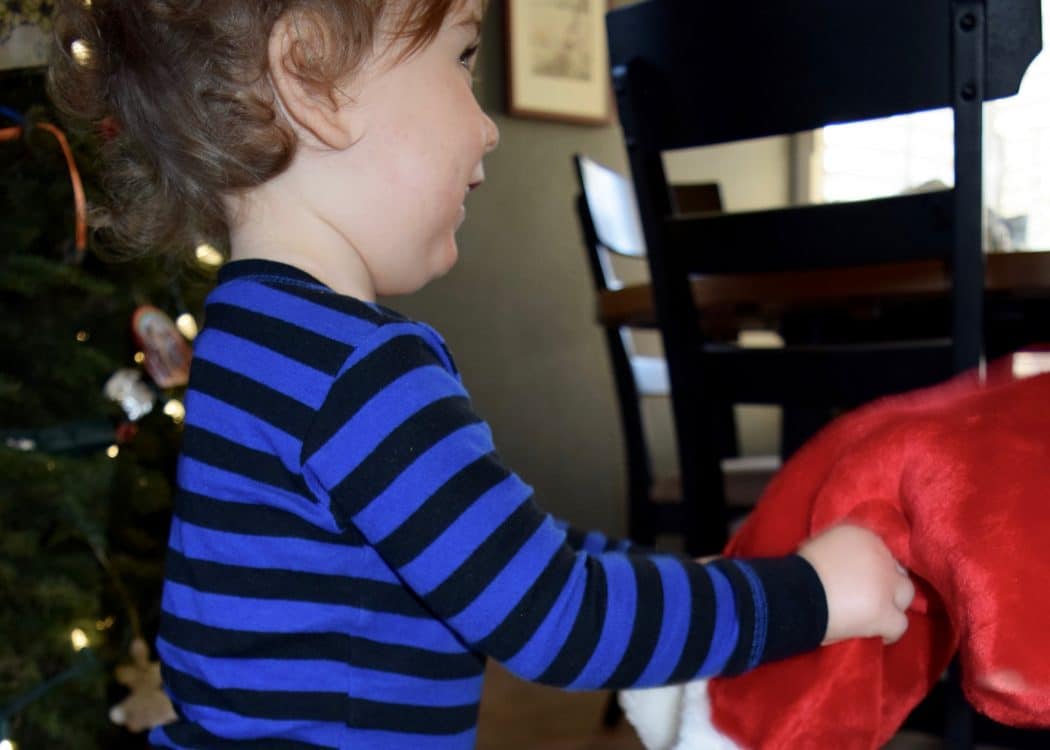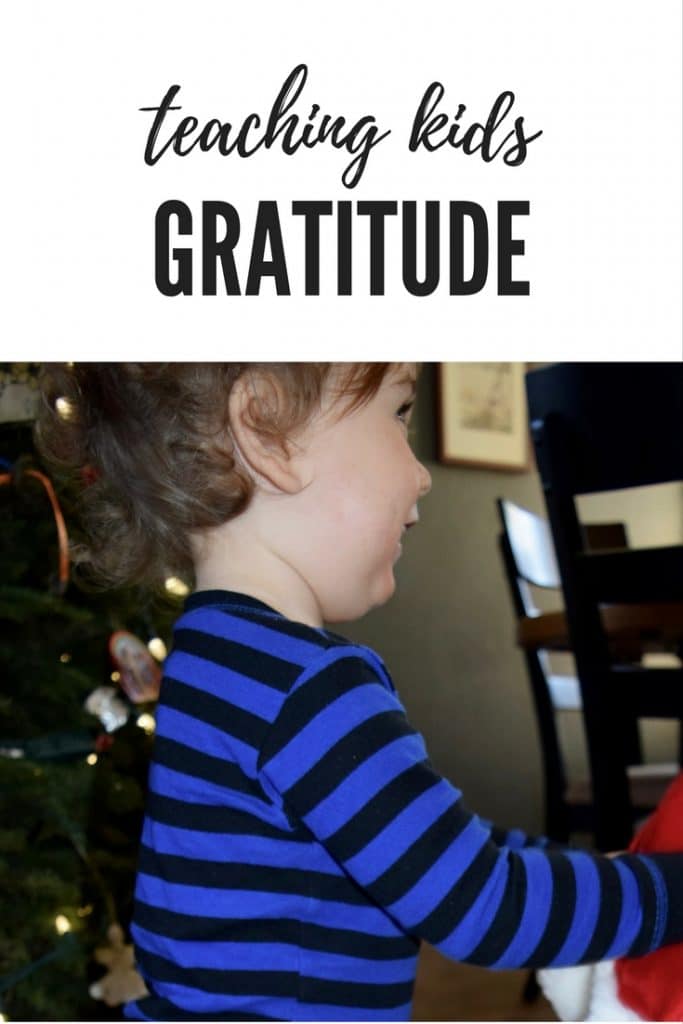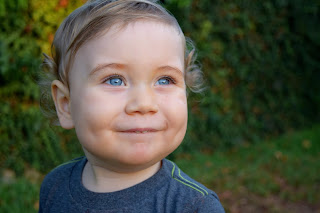For kids in particular, the holidays can mean making gift wish lists and a shiny new pile of presents. With all the consumerism going on, even parents and adults can have trouble feeling the gratitude (Black Friday, anyone?). There’s plenty to be thankful for, even if all we have are the bare necessities.
But how do we teach kids to be grateful? It’s actually incredibly simple:
- Say Thank You: Just taking the time to express thanks can help kids to reflect on why they are saying it. Younger kids benefit tremendously from modeling from parents as well as gentle prompting. Thank You cards are also a wonderful habit to instill in kids, especially once they start acknowledging why they are thankful for the gift (for example: “Thank you for the new crayons. I love to color and will use these every day.
- Make a gift list for others: Many of us grew up writing letters to Santa listing out what we want for Christmas, but that keeps the focus on “ME, ME, ME”. Instead, have kiddos make a list of family and friends and what they would like to give each person. Younger kids may need more help, but have them consider the person’s likes, dislikes, and hobbies.
- Daily reflections: Before bed or at the dinner table, have everyone share the best parts of their day. This helps them to find the moments that they are grateful for each day. You can also cut to the chase and share what you are thankful for everyday, even if it’s something small like being thankful for cookies.
- Be a role model: Kids learn from their caregivers, so all you have to do is act like you would like them to. This works with gratitude, too. Share with kids why you are thankful for them or why you are thankful for other aspects of your life. Say thank you often and in earshot of kids.
- Dial back the gifts: Kids really don’t need a whole lot to begin with, just food, love, shelter, and some time outdoors. Instead of filling up under the tree with piles of gifts, go for a select few meaningful and needed ones. Less toys and stuff means that they will probably appreciate what they have more and be more excited about the one or two special gifts that they receive.
- Have them work for what they want: Sometimes kids really want a particular toy with no holiday or birthday in sight. If they earn allowance, help kids to keep track of their savings and their end goal of funds. You can also create little jobs for them to earn the funds in order to buy the toy. When kids work for something, you are helping to instill gratitude as well as focus, determination, math skills, and pride.
- Give to others in need: It’s important to shape a child’s worldview with the idea that not everyone has what they do, and many have a whole lot less. Volunteering at animal shelters, soup kitchens, or even for beach clean-ups help to expand their worldview and consider someone or something else.
- Give, give, give: It feels really good to give a gift. In fact, it releases feel good hormones in the brain! Giving can be as elaborate as putting together care packages for soldiers or the homeless or as simple as giving some homemade cookies to the neighbor.
- Be gracious and polite: I know that kids don’t always mean it when they say “thank you” or “please” or “sorry”, but these simple habits help to teach kids the importance of considering somebody else, even if just for a moment. When we say “please”, we are acknowledging the effort of the other person and respecting others in an important step in gratitude.
- Talk to your kids: Kids are not going to understand everything immediately and they very often will need to have things broken down. Take the time to explain why it’s good to be thankful or to be polite or to give to others. It doesn’t have to be all at once, just explain things as they come up!






